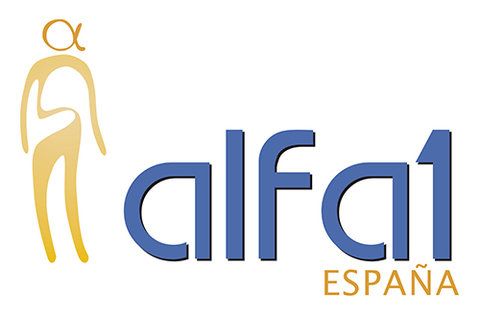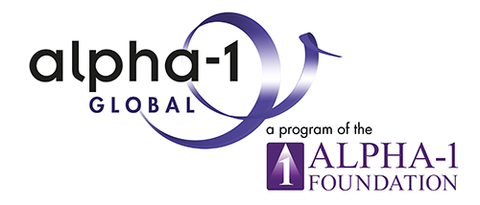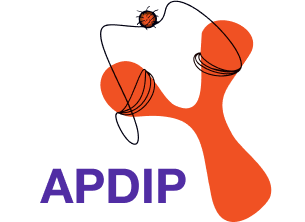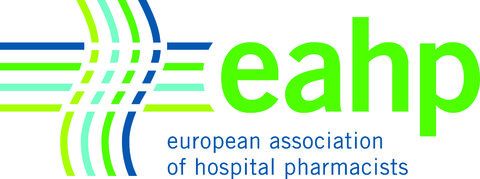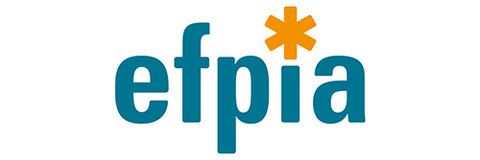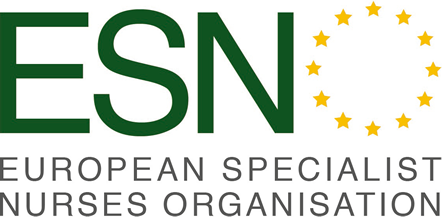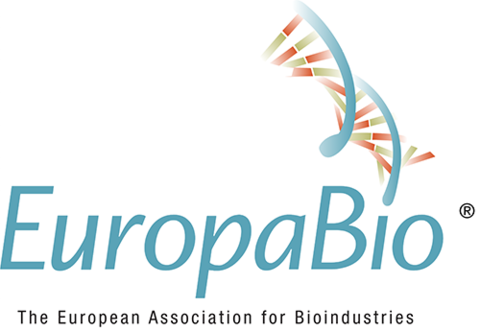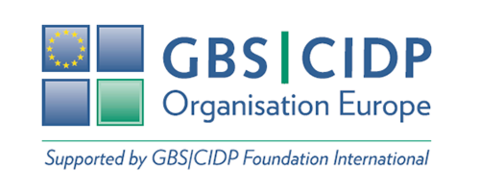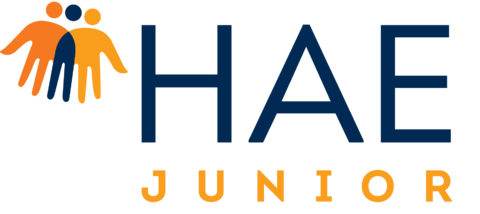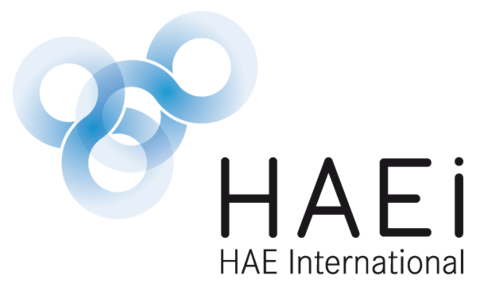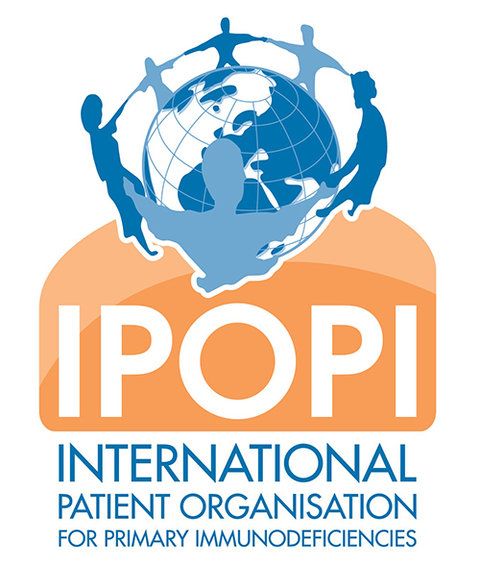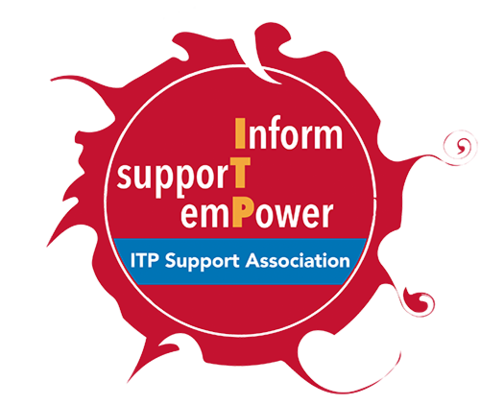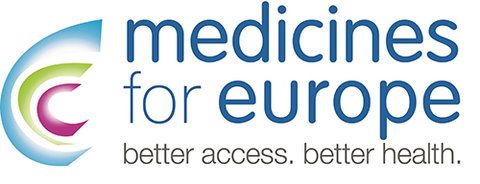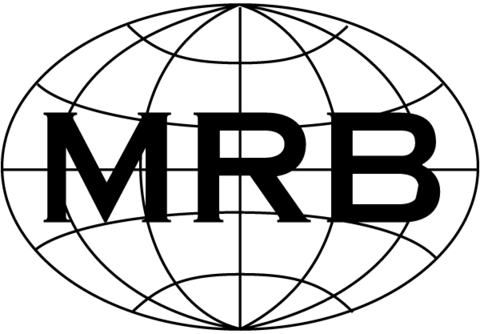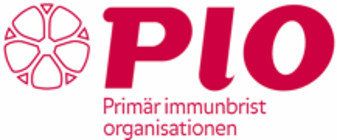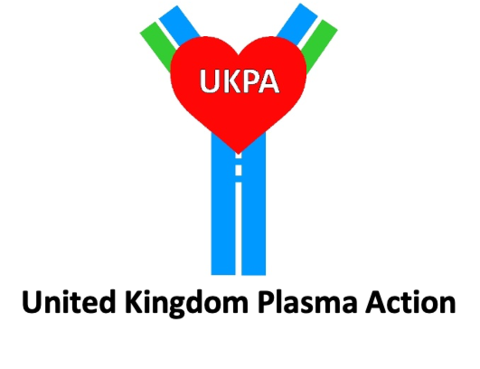What is plasma?
Plasma is a key element of blood (55% of the total blood volume). Plasma is the clear straw-coloured liquid portion of blood that remains after red blood cells, white blood cells, platelets and other cellular components have been removed. Plasma carries water, salts, and proteins through the body.
More and more patients across the European Union are diagnosed every year with life-threatening plasma protein-related disorders.[1] This means certain proteins in their body are missing or are deficient. In many cases, plasma-derived medicinal products (PDMPs) are the only treatment option for these severe diseases.
Why is plasma important?
-

Patients across Europe rely on plasma-derived medicinal products (to treat a variety of rare and chronic and/or genetic diseases and serious, often life-threatening medical conditions).
-

For individuals with these conditions, plasma-derived medicinal products replace their missing or deficient proteins.
-

Without these treatments, many patients would either not be able to survive or would have a substantially diminished quality of life and productivity.
-
 Human plasma is the unique and indispensable starting material for the manufacturing of plasma-derived medicinal products.
Human plasma is the unique and indispensable starting material for the manufacturing of plasma-derived medicinal products. -
 Every year, more plasma donations are needed to meet the growing clinical need for plasma-derived medicinal products.
Every year, more plasma donations are needed to meet the growing clinical need for plasma-derived medicinal products. -
 It is worth noting that it takes more than 130 donations per year to treat a single patient with a primary immune deficiency.
It is worth noting that it takes more than 130 donations per year to treat a single patient with a primary immune deficiency. -
 Convalescent plasma and Hyper Immune plasma are plasma that is collected from patients who have recovered form an infection. Antibodies present in the plasma are proteins that might help fight the infection.
Convalescent plasma and Hyper Immune plasma are plasma that is collected from patients who have recovered form an infection. Antibodies present in the plasma are proteins that might help fight the infection.
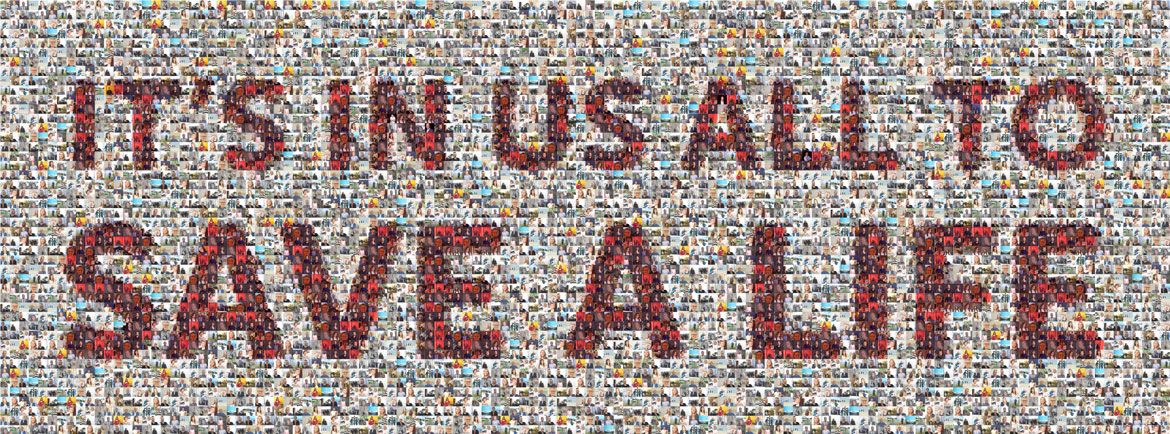
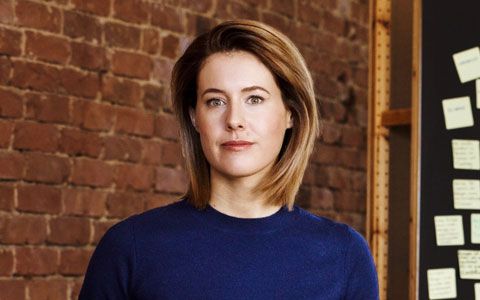
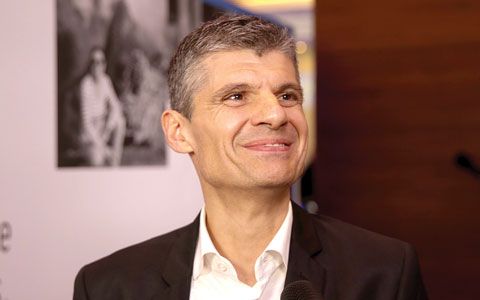
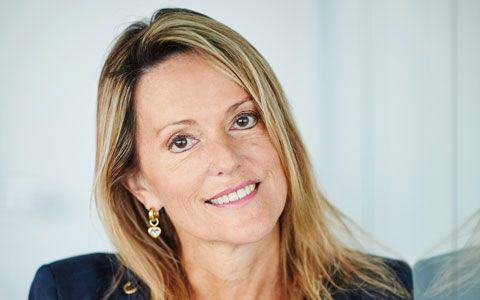
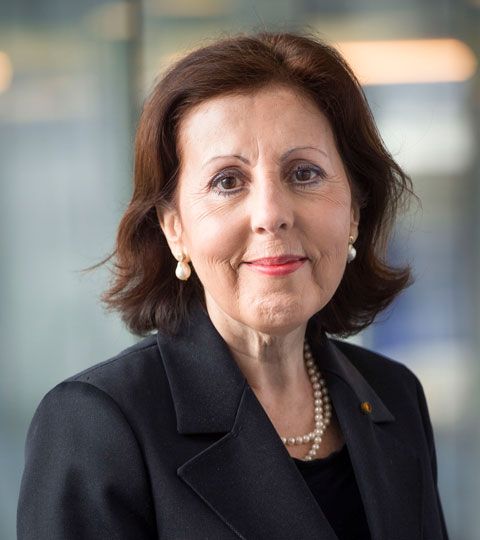
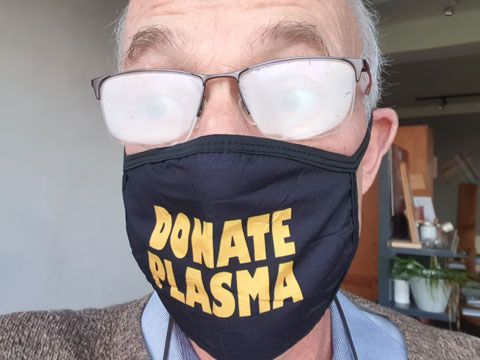
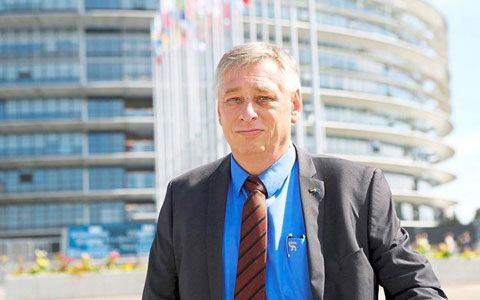
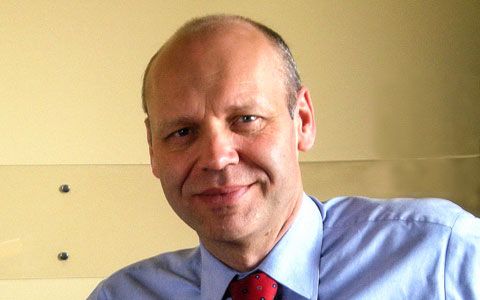
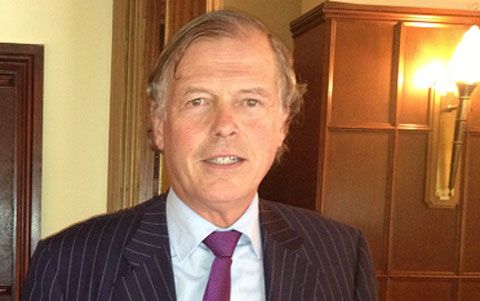
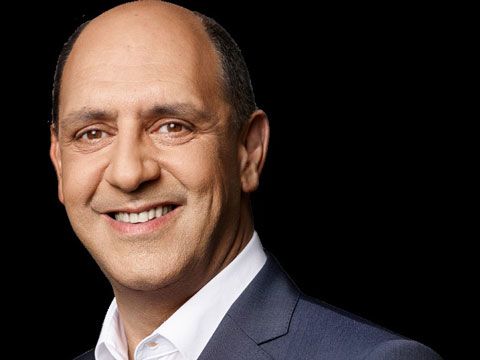
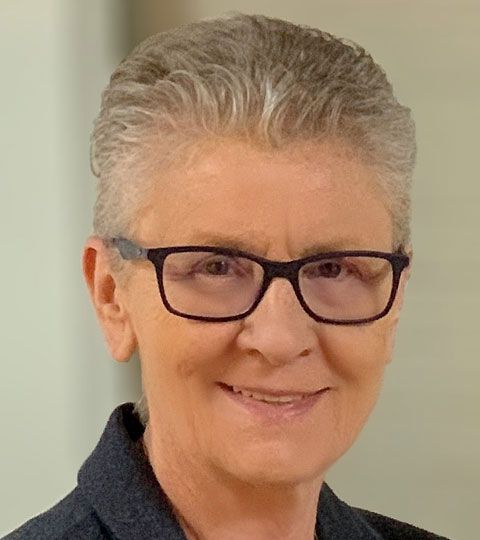
The pictures and quotes from patients, policymakers, health care professionals and generous plasma donors are the result of the virtual exhibition that took place between 25 January and 28 February 2021.
Where does plasma come from in Europe?
-
Plasma cannot be made artificially in a lab. Plasma and its lifesaving proteins can only be obtained from healthy donors who generously give their time to donate.
-
Plasma can be obtained from whole blood donations (resulting in recovered plasma) or collected directly through a process called plasmapheresis (resulting in source plasma).
In Europe, 40% of plasma is collected by public and NGO blood-collection services (mainly via recovered plasma)
30% is collected through plasmapheresis by the private sector in Europe
For the remaining need of 30%, Europe is reliant on imported plasma collected in the United States
Plasma donations were in some decline this year due to the ongoing COVID-19 pandemic and the related uncertainty felt by plasma donors. This comes on top of the existing insufficient availability of European plasma. Declines in donations have the potential to restrict patients’ access to plasma derived therapies. We need your support!
How can you help?
It’s easier than you think. #DonatePlasma. The good news is it’s in us all to save a life.
-
If you consider more plasma should be collected across Europe, to meet the growing need of patients for PDMPs
-
If you want to ask policymakers to put in place the most appropriate EU or national policy frameworks leading to significantly increased plasma collection in Europe
Policymakers
- Claudia Gamon, Member of the European Parliament, Renew Europe (Austria)
- Stelios Kympouropoulos, Member of the European Parliament, EPP (Greece)
- César Luena, Member of the European Parliament, S&D (Spain)
- Manuel Pizarro, Member of the European Parliament, S&D (Portugal)
- Frédérique Ries, Member of the European Parliament, Renew Europe (Belgium)
- Helmut Geuking, Member of the European Parliament, EPP (Germany)
- Maria Carvalho, Member of the European Parliament, EPP (Portugal)
- Loucas Fourlas, Member of the European Parliament, EPP (Cyprus)
- Maria Spyraki, Member of the European Parliament, EPP (Greece)
- Nils Torvalds, Member of the European Parliament, Renew Europe (Finland)
Advocacy Groups
- Otilia Stanga, Patient organisation, Romania
- Bernard Grimm, EuropaBio
- Ingrid Jageneau, Debra Belgium, Belgium
- Fernanda Aspilche Ferro, Belgium
- Eva Schoeters, RaDiOrg, Belgium
- Trisha Beahan, Austria
- Viola Holzmann, Germany
- Yannis Kalantzakis, Greece
- Vivian Gibson, Austria
- Florin Hozoc, Romania
Patients
- Danuta Tomkiewicz, Poland
- Marta Zarajczyk, Poland
- Daria Jully, Poland
- Agata Tobola, Poland
- Beata Garbaciak, Poland
- Justyna Kukuła, Poland
- Frank Willersinn, Belgium
- Bernd Dobbert, Germany
- Karin Modl, Austria
- Román Gómoz, Spain
- Susana Moratilla Sanz, Spain
- Paz Mompart, Spain
- Jose Antonio Blanco Fernandez, Spain
- Ma del Pilar del Rio, Spain
- Lourdes, Pousada, Spain
- Jose Drabwell, United Kingdom
- Noémie Muller, France
- Nadia Pennec, France
- Sian van den Bogaerdt-Rance, Netherlands
- Lucia Garcia, Spain
- Magda Lourenço, United Kingdom
- Gaelle Tanghe, Belgium
- Marijke Huybrechts, Belgium
- Ricardo Pereira, Portugal
- Sandra Pollak, Austria
Donors
- Nicole Schönfelder, Germany
- Matthias Heck, Germany
- Piotr Kolbusz, Poland
- Amy Efantis, United States
- Hoda Varasteh Vala, Germany
- Boczar Aleksandra, Poland
- Wilhelm Christian, Germany
- Edith Weith, Germany
- Josip Petrovic, Germany
- Michael Fuhr, Germany
- Manuel Martínez, Spain
- Roland Baumann, Hungary
- Diàna Fenyvesi, Hungary
- Zsolt Kulcsar, Hungary
- Audisio Silvio, Italy
- Norman Gorton, United Kingdom
- Ferenc Gyulai, Hungary
- Jacqueline Martin, United Kingdom
- Danielle Leathwaite, United Kingdom
- Jan Moody, United Kingdom
- Joy Kolev, Czech Republic
-
Balogh Zsolt, Hungary
Health Care Professionals
- Uschi Bruchmeier, Germany
- Barbara Cokic, Germany
- Guilherme Ferreira, Portugal
- Mary Uhlenhopp, Switzerland
- Pilar Arroyo, Spain
- Laura Ruth, United States
- Magdalena Santo Tomás Pérez, Spain
- José Antonio Cid Garcia, Spain
- Kristel De Gauquier, Belgium
- Adrienne van Strien, Netherlands
- Nadine Stork-Heininger, Germany
- Nizar Mahlaoui, France
- Martina Witzer, Germany
- Giampietro Sorrentino, Hungary
Carers
- Kim Zimmer, Germany
- Isabel Garcia, Spain
- Caroline Jacobs, Belgium
- Merel Van Schandevijl, Belgium
Individuals
- Jurate Svarcaite, Belgium
- Javier Goyanes, Spain
- Monika Derecque-Pois, Belgium
- Marie Elena Cárdenas, Spain
- Franziska Kunz, Germany
- Fernanda Aspilche Ferro, Belgium
- Stephan Walsemann, Germany
- Peter Jaworski (Georgetown University), United States
- Heiko Brill, Germany
- Carsten Spellig, Germany
- Vlad Hosu, Belgium
- Katalin Orosz, Hungary
- Tsvetoslava Miteva, Bulgaria
About us
[1] Immune deficiencies, immune-mediated peripheral neuropathies, hereditary angioedema, alpha-1 antitrypsin deficiencies, hemophilia and other bleeding disorders, and also secondary immune deficiencies that can be caused by cancer therapies.
Copyright © 2021 Plasma Protein Therapeutics Association | Privacy Statement
 English
English  Deutsch
Deutsch  Français
Français  Italiano
Italiano  Español
Español  Português
Português  Polski
Polski  Български
Български  Czech (Čeština)
Czech (Čeština)  Magyar
Magyar  Nederlands
Nederlands  Română
Română 